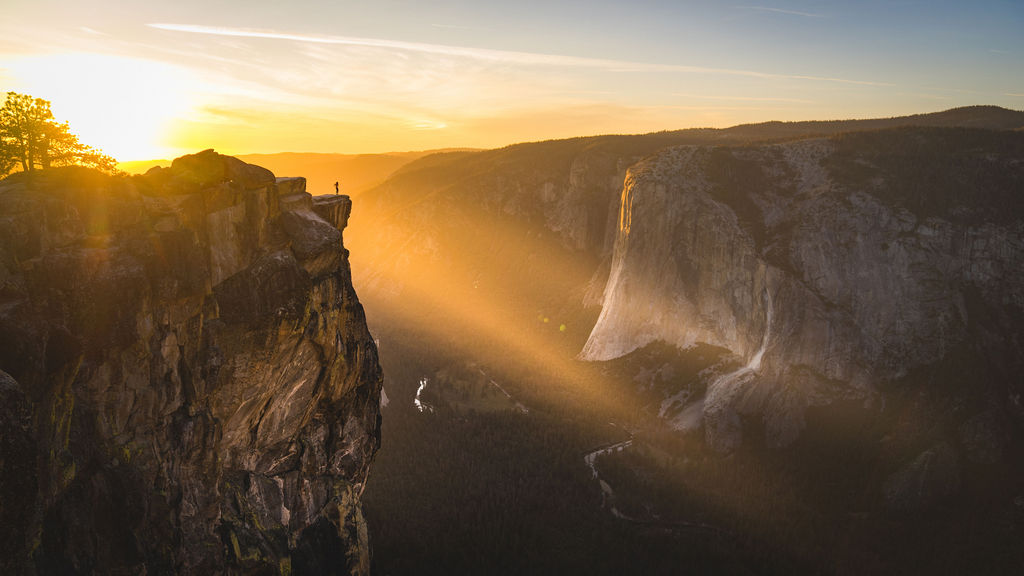So much for factual accuracy, sound reasoning, moral clarity, and transparency, or any other value that academics aim to uphold. How quickly each principle was traded in by a handful of linguists who co-signed a factually flawed, short-sighted letter this week calling to rescind Steven Pinker’s fellowship at the Linguistics Society of America. The letter objected to six tweets he wrote over the years—tweets so politically radioactive that they should be piously disavowed by all liberal-minded linguists, the letter claims. Never mind that the tweets in question are fact-based, with links to sources and data. More salient is the fresh outrage by particular linguists with a talent for sniffing out the faintest illiberalism. The letter’s signatories said his tweets were insufficiently respectful of their politics. Imagine that. On Twitter. There’s a word for maneuvers like this: dishonesty. The letter is bad. Particularly from linguists who are loose with the very language they purport to think critically about. Those of us with any independence left in media and academics, and anywhere else, should see this dance from miles away.
The details are well-aired: No sooner did the cancellation letter circulate than a group of truly renowned linguists and journalists dismantled it. The letter was refuted in detail by Barbara Partee, one of the founders of contemporary formal semantics and an emeritus professor of linguistics and philosophy at the University of Massachusetts, Amherst; Michael Shermer, the respected publisher of Skeptic magazine; the entirety of MIT’s Language Lab; Jerry Coyne, the University of Chicago biologist who put the petition’s fallacies to rest (and did it best); John McWhorter, the Columbia linguist (one, two, and three); Joe Henrich, chair of Harvard’s Human Evolutionary Biology department; Noam Chomsky (say what you will about Chomsky today, but he’s correct here, upholding principle over bad-faith petitioners who are “pretending to be outraged as the wrong ox is gored”). Also dismantling the letter are Yale scientist Nicholas Christakis and countless others.
The cancellation letter is misguided, with half-quotes, miscitation, self-contradiction, and apparently false signature. But it follows a pattern. Notice the move: We all want to hold villains to account, and should, but we’ll cast anyone for the role, facts aside. Why stick to facts when you can gesture in the right direction? Why think critically when you can throw your lot in with the nearest and the loudest? This move doesn’t work. You could call it the “common cause” fallacy, or the “traveling companion” bias, the idea that if you appear adjacent to bad, you too are bad, you see. The virus is airborne. (Never mind that this bad-adjacent calculus applies to the very people who use it.)
If this is what linguistic letter-writing amounts to today—dishonest on facts, closed to counterevidence, masochistically cannibalizing—all our work is still ahead. But this is Recharge, a space for good news. The good is clear: There are those of us, on the left of the petition writers, who see right through it.













